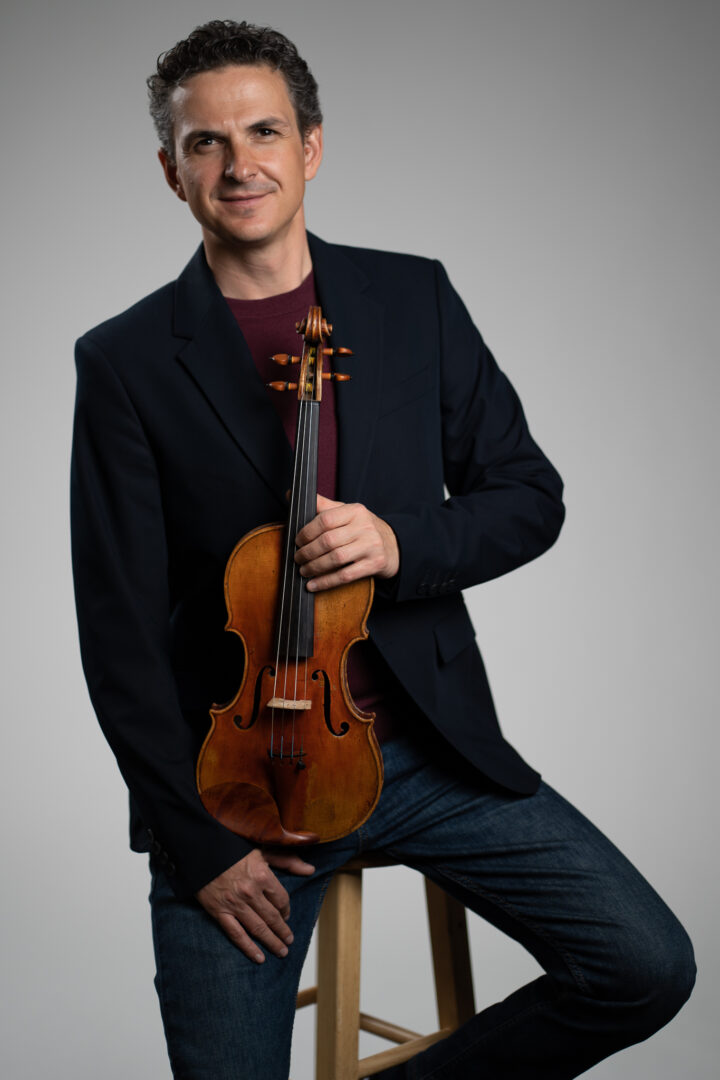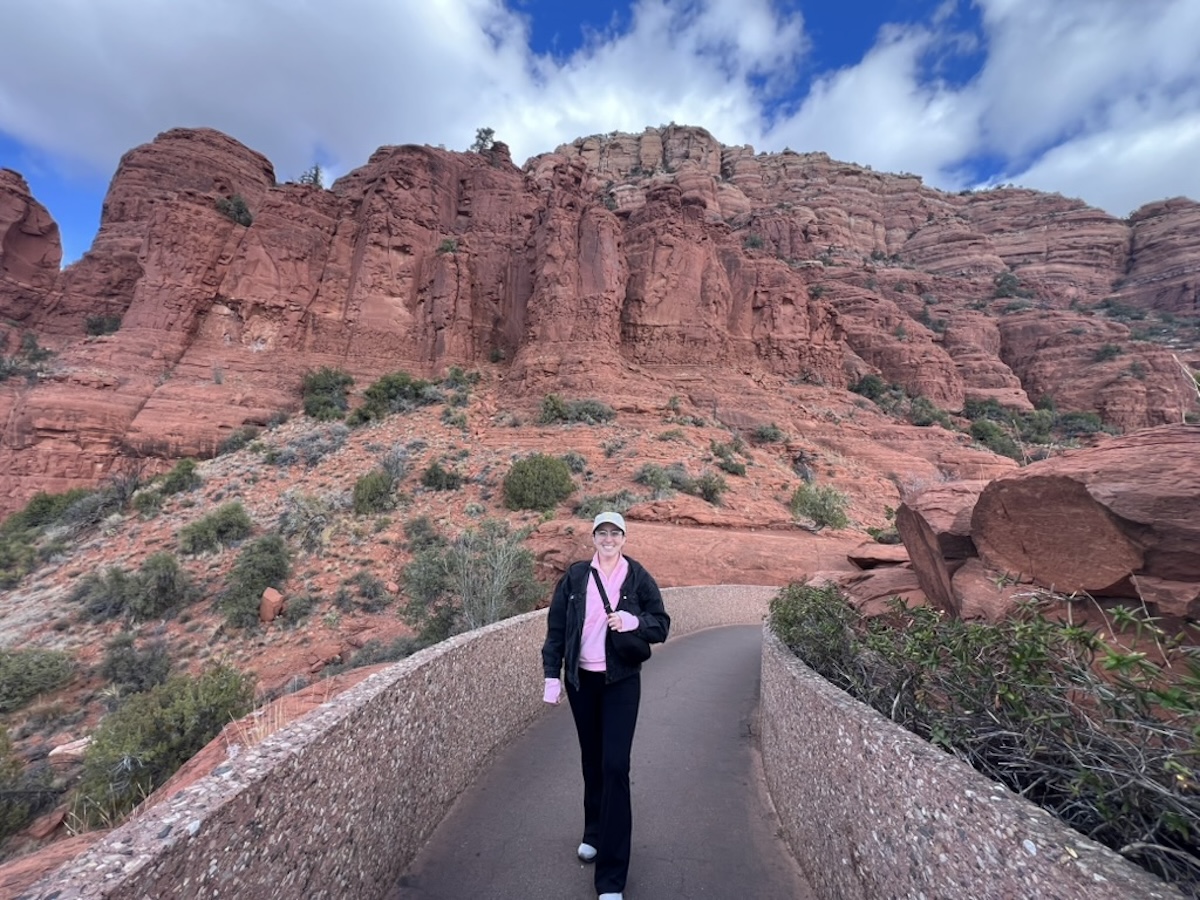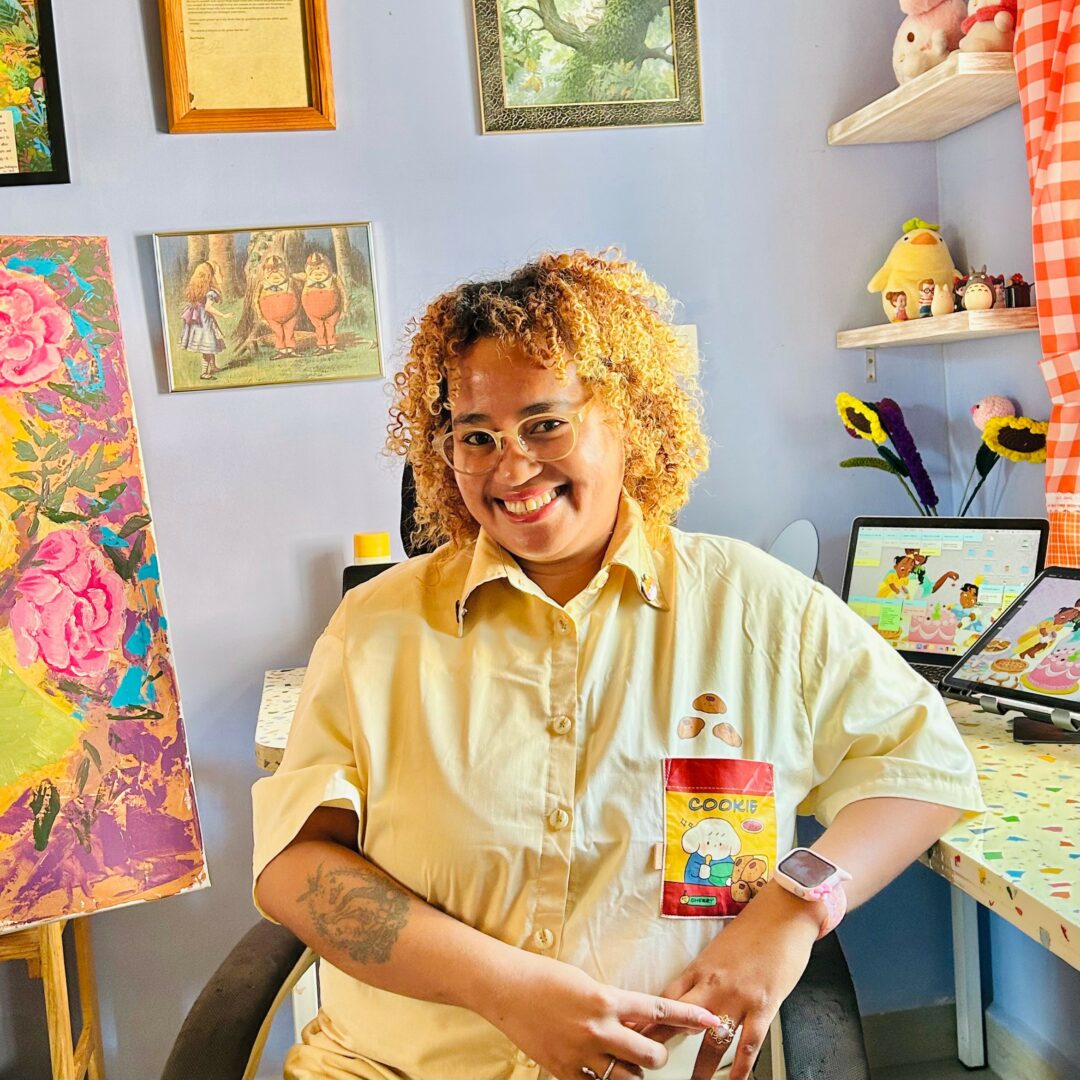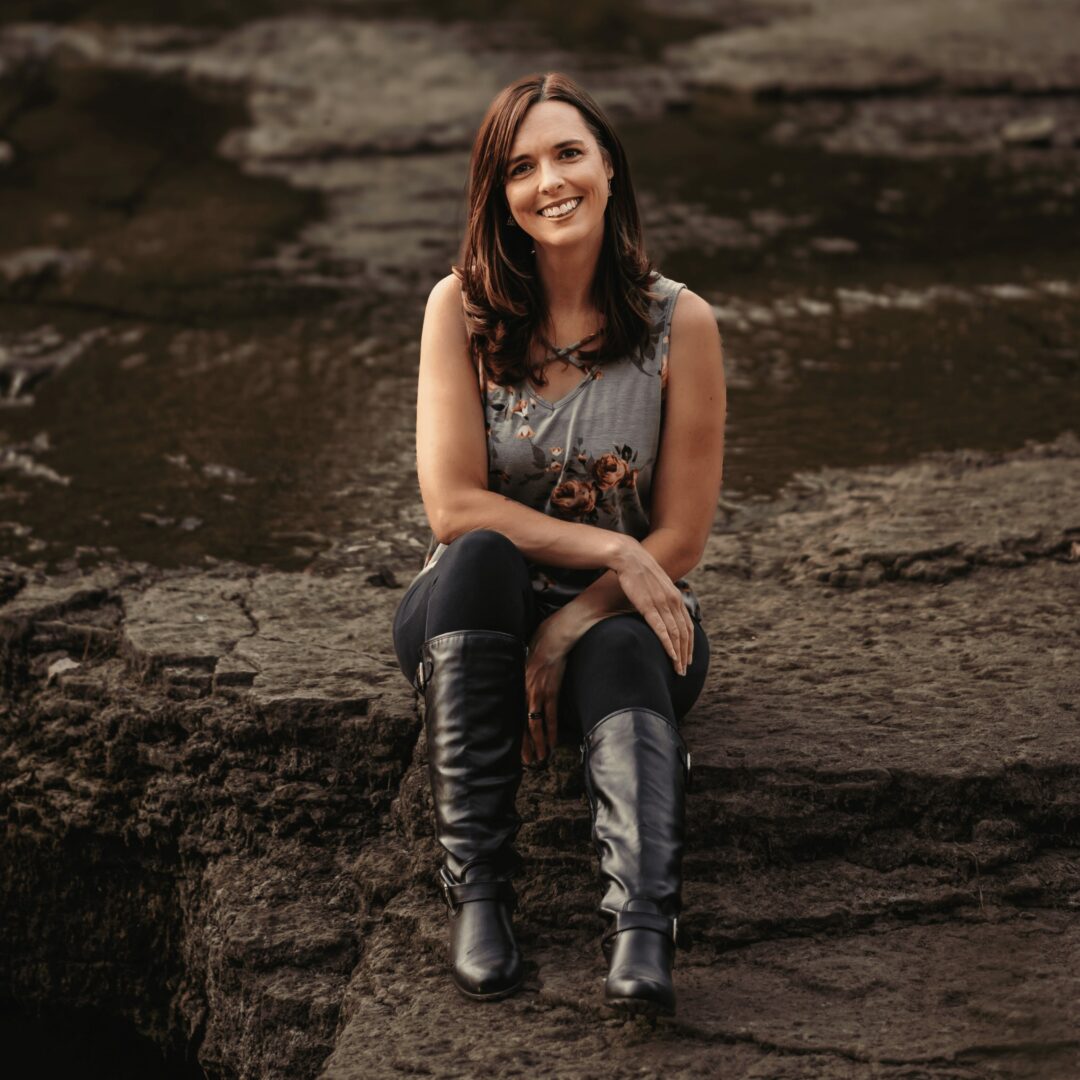We were lucky to catch up with Cristian Fatu recently and have shared our conversation below.
Hi Cristian , really happy you were able to join us today and we’re looking forward to sharing your story and insights with our readers. Let’s start with the heart of it all – purpose. How did you find your purpose?
Finding my purpose in music as a concert violinist wasn’t a single epiphany—it unfolded like a slow, resonant crescendo over years of quiet persistence and unexpected harmonies. I started playing violin as a child in Romania, encouraged by my mother who is a cellist and drawn to its voice because it mirrored the raw emotion of the folk tunes my family sang around the holiday dinner table: the mournful sighs of a doina or the joyful whirl of a joc. But back then, it was just about building my skills, a way to escape into sound.
The real turning point came in my early 20s, after immigrating to the U.S. and diving into the professional classical music scene.
Every small victory, from nailing a fiendish Sibelius passage in practice to moving an audience in a famous concert hall, fueled the fire. At 42, with two decades under my bow, my purpose crystallized: I’m not just playing notes; I’m a storyteller, a preserver, a spark that links the past’s echoes to tomorrow’s dreams. Music, for me, is the thread that ties my roots to this California life, turning solitude into communion.
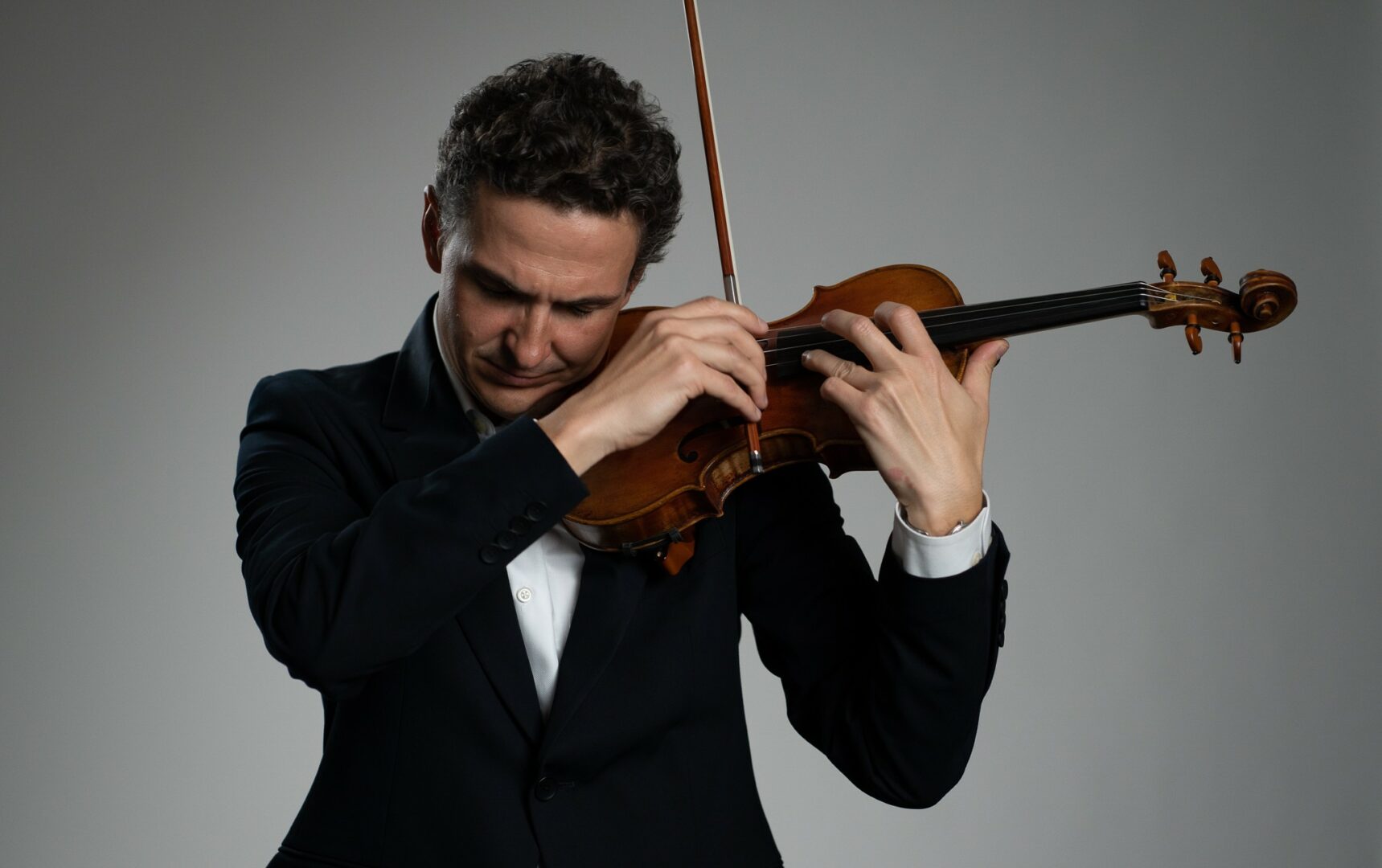
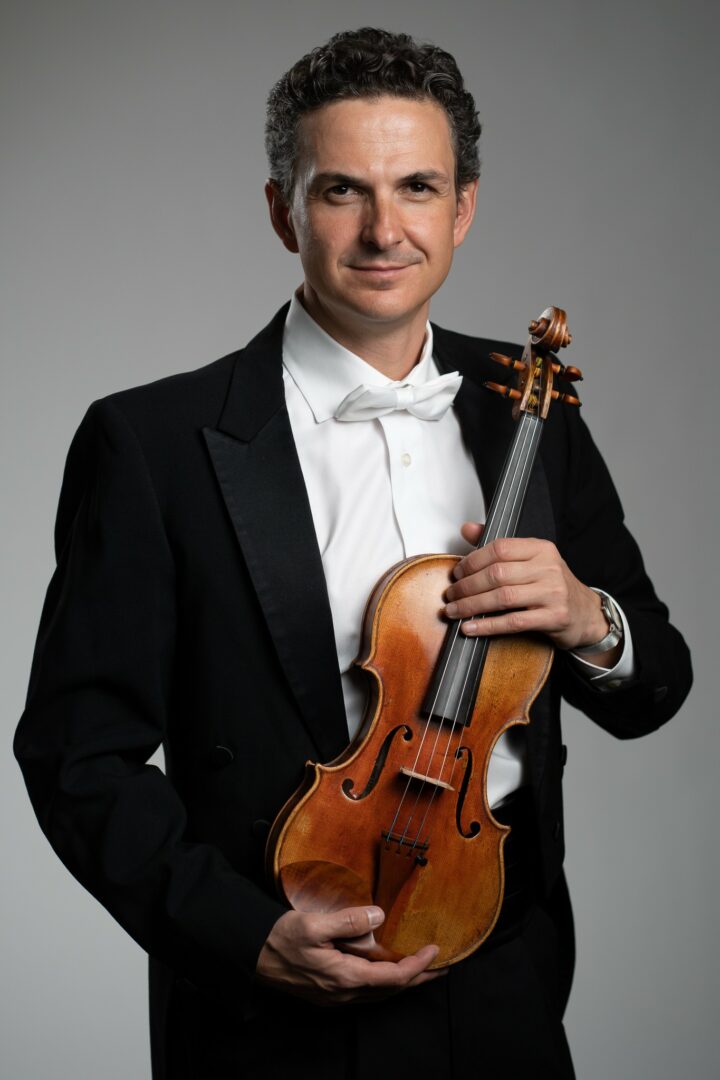
Appreciate the insights and wisdom. Before we dig deeper and ask you about the skills that matter and more, maybe you can tell our readers about yourself?
Born in Romania, I discovered my lifelong passion for the violin as a child, captivated by its soulful timbre that echoed the haunting folk melodies I heard growing up—doina and joc that wove emotion into every note.
Immigrating to the U.S. in my early 20s, I immersed myself in violin training. The instrument became my bridge across cultures, blending different musical styles I got exposed to during my international journeys.
A pivotal moment was—locking eyes with a tearful listener during a Recital—revealed my true calling: forging profound connections that stir the heart, from intimate living rooms to famous concert halls, and spreading unbridled happiness as students’ bows bloom with confidence and audiences rediscover joy in music’s timeless embrace. At this point, rooted in California’s sunlit shores yet tethered to my heritage, I play not just for applause, but to transform solitude into shared celebration.
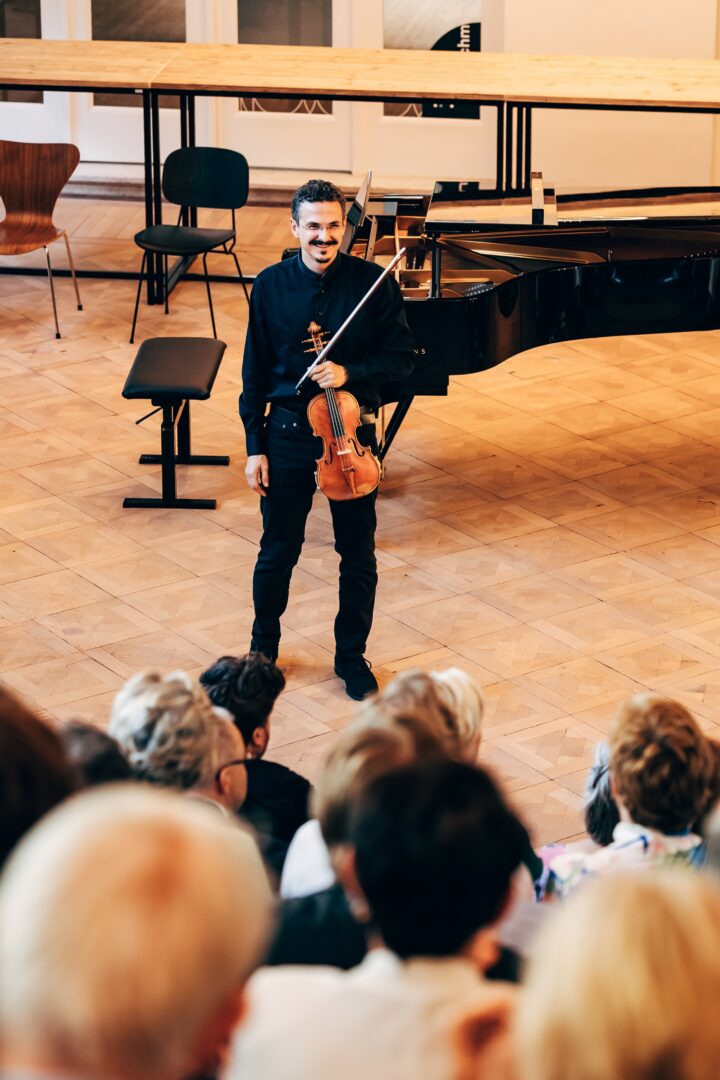
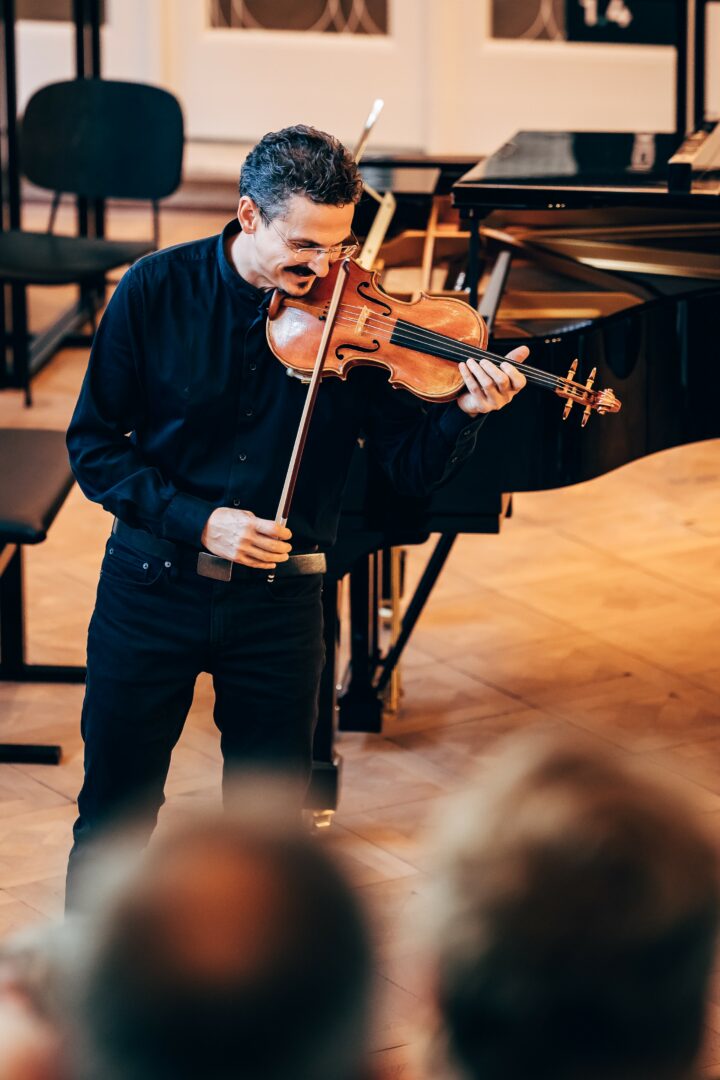
There is so much advice out there about all the different skills and qualities folks need to develop in order to succeed in today’s highly competitive environment and often it can feel overwhelming. So, if we had to break it down to just the three that matter most, which three skills or qualities would you focus on?
Looking back on my path from a kid fiddling with folk tunes in Romania to standing on stages in the United States, three things stand out as the quiet engines that propelled my journey: relentless curiosity, the art of emotional bridging, and disciplined adaptability.
First, curiosity kept the fire alive—it’s what turned rote scales into explorations of tone, vibrato, and the wild improvisations of klezmer or tango that I explored alongside studying Bach and Mozart. Without it, music would’ve stayed a checklist; with it, every practice became a discovery, fueling my evolution from student to concert storyteller.
Second, emotional bridging—It transformed solitary bow strokes into shared heartbeats, whether in a crowded hall or a kid’s first lesson, reminding me why we play: to heal, to spark, to say the unsayable.
Third, disciplined adaptability got me through the upheavals—immigration culture shocks, audition nerves, even tweaking setups for humid SoCal vs. crisp Romanian winters. It meant pivoting from classical rigidity to blending heritages, always iterating based on feedback from players, makers, or that one tearful audience member.
For those just starting out, here’s my bow-to-string advice: Cultivate curiosity by carving out “playtime” in practice— chase a sound or style that haunts you.. Build emotional bridging through vulnerability; perform for tiny, trusted groups early and often, focusing on one person’s reaction per piece to hone that intuitive give-and-take. And for adaptability, treat every setback as data—keep a simple journal of what worked (or flopped) in lessons or performances, then experiment with one small tweak per week, like adjusting your bow grip for new repertoire. Start small, stay kind to yourself, and remember: the journey’s melody emerges not from flawless notes, but from the courage to keep drawing the bow.
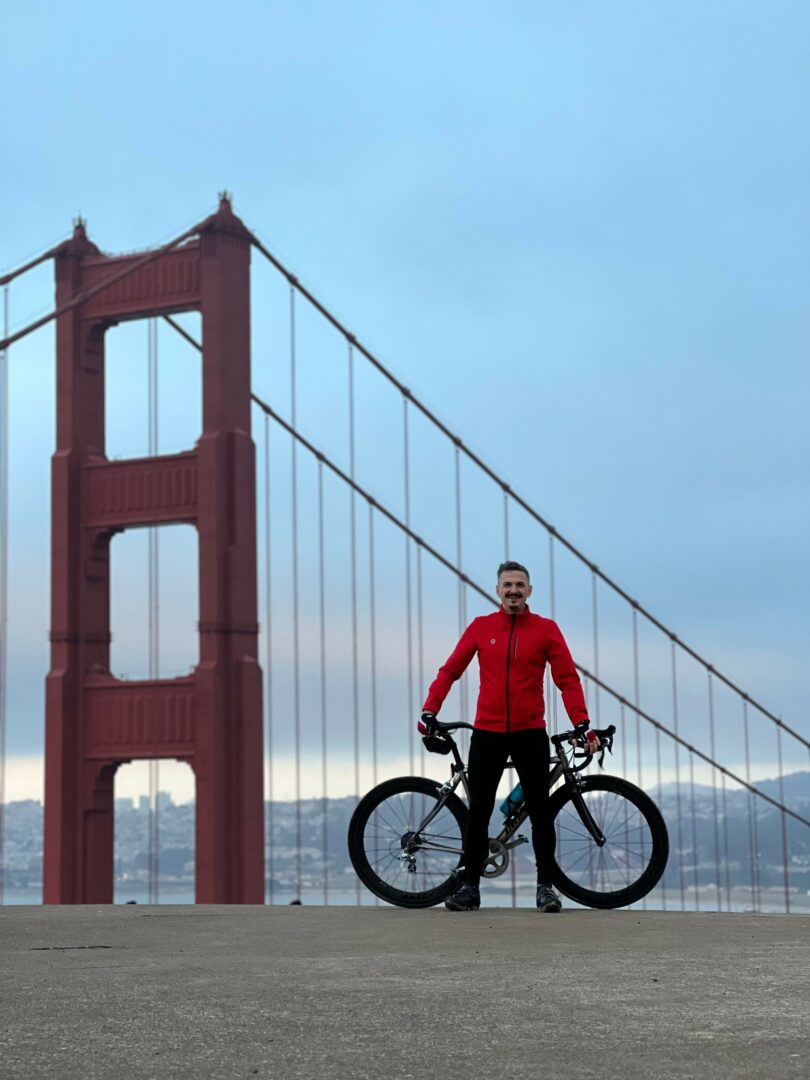
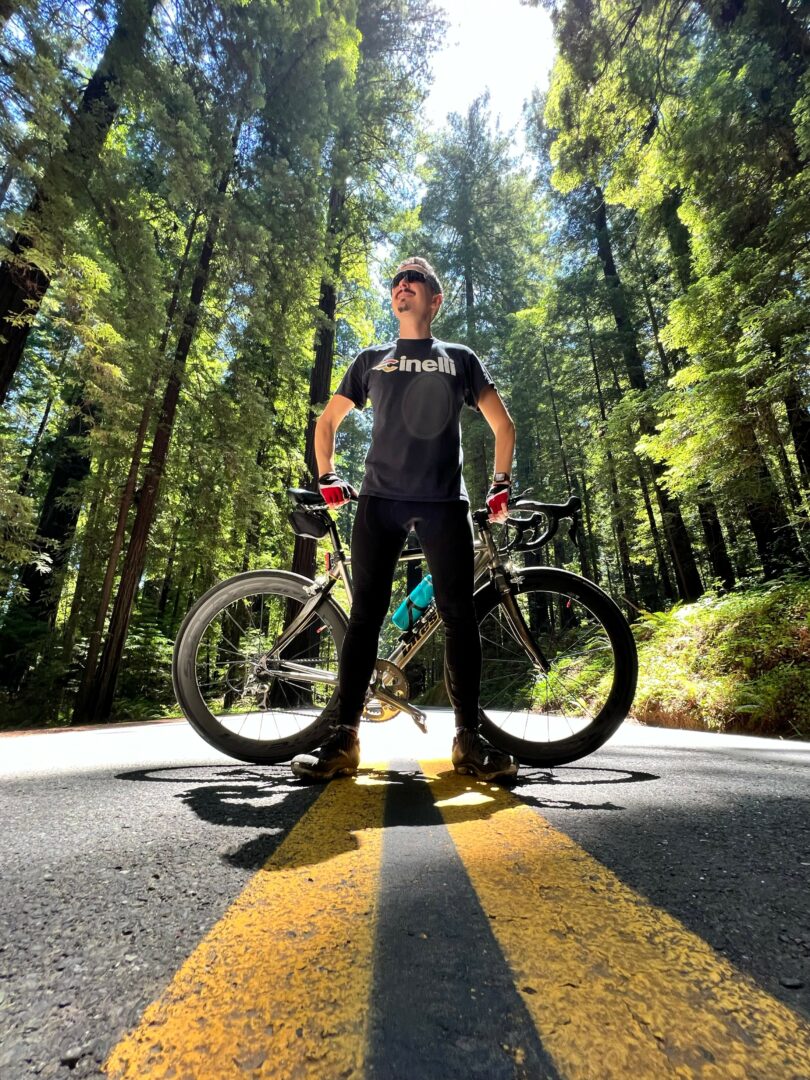
If you knew you only had a decade of life left, how would you spend that decade?
I would spend as much time as I can with my children, my three small little miracles. I’d surrender that time wholly to the exquisite pull of family. —Sophie with her wild curls and endless questions, Vivienne’s quiet intensity mirroring my violin’s focus, and Mark’s smiles that could hush a storm, my sweet little boy.
Contact Info:
- Website: http://www.cristianfatu.com
- Instagram: @misterfatu
- Facebook: https://www.facebook.com/fa2violin?mibextid=wwXIfr&mibextid=wwXIfr
- Linkedin: https://www.linkedin.com/in/cristianfatu/
- Youtube: https://www.youtube.com/@CristianFatu
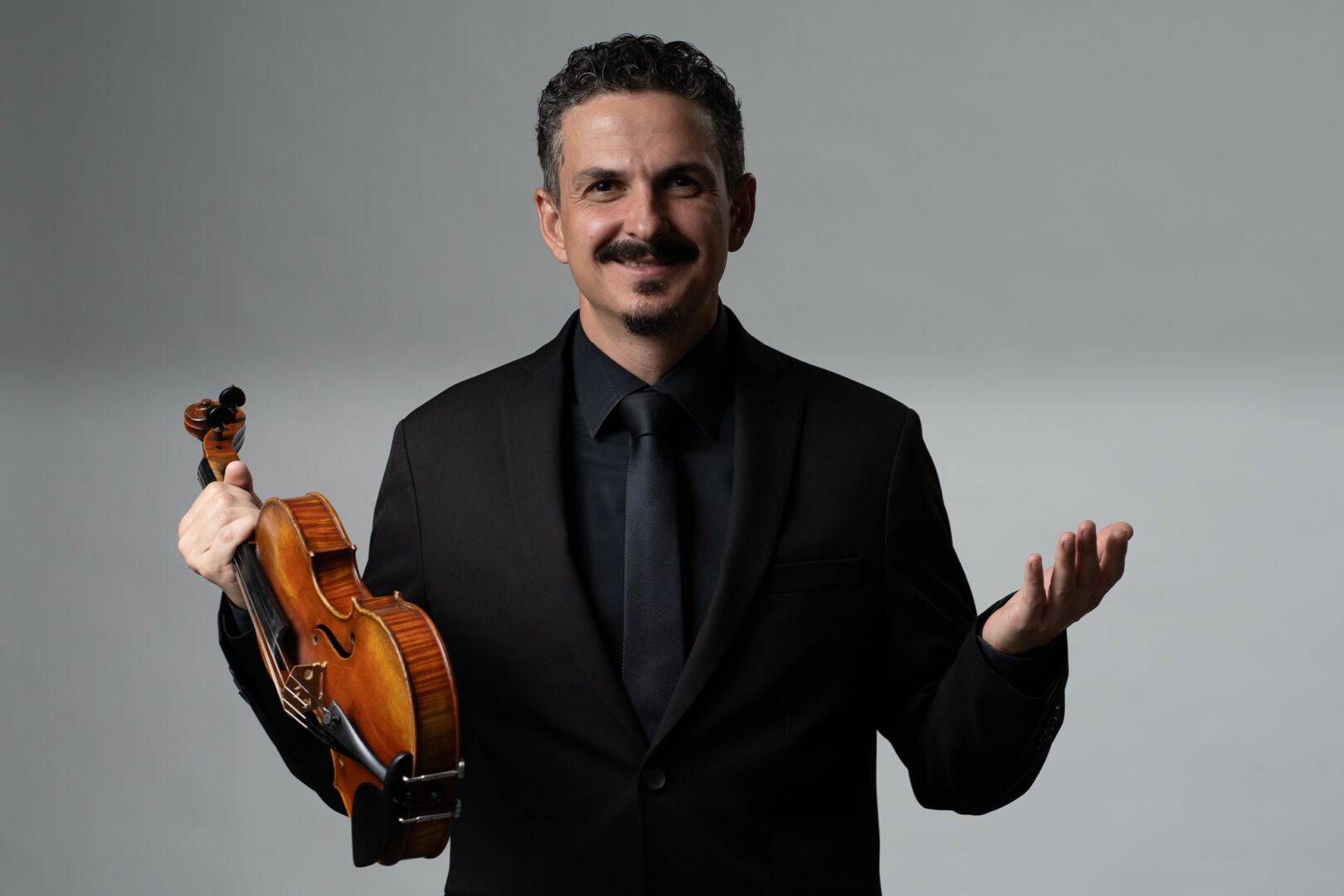
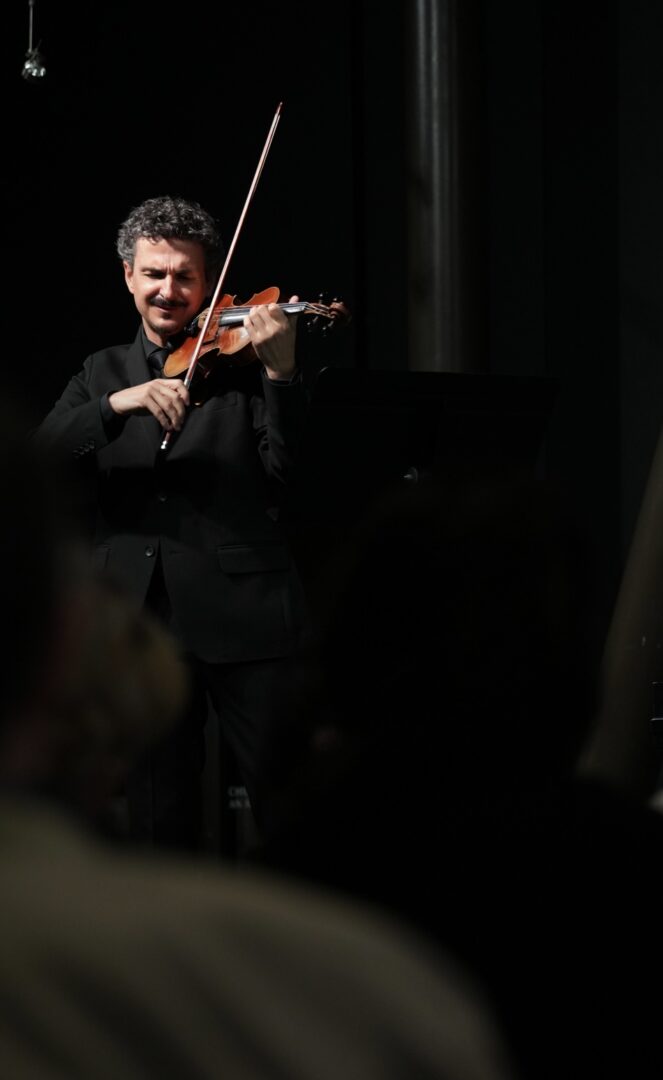
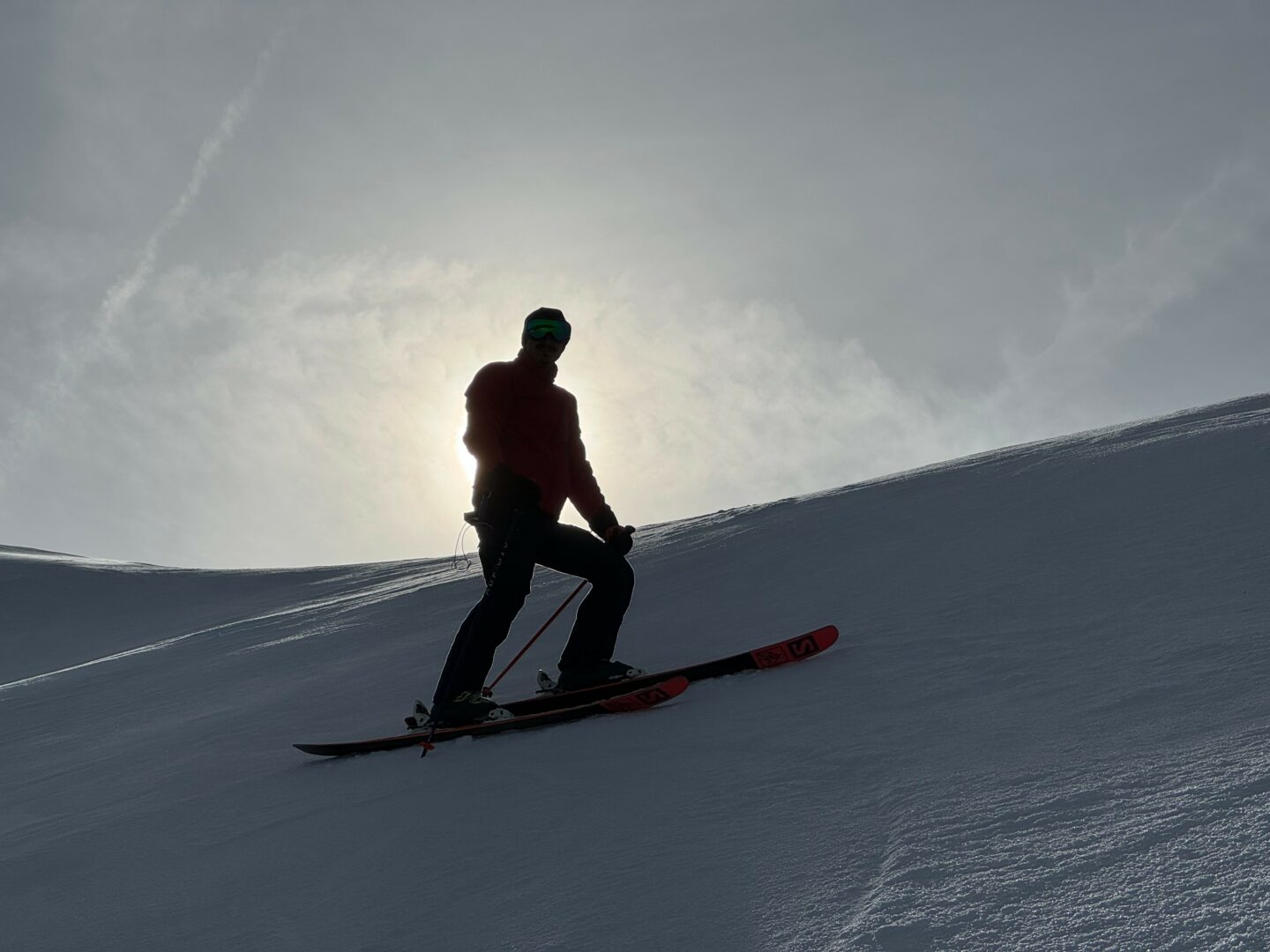
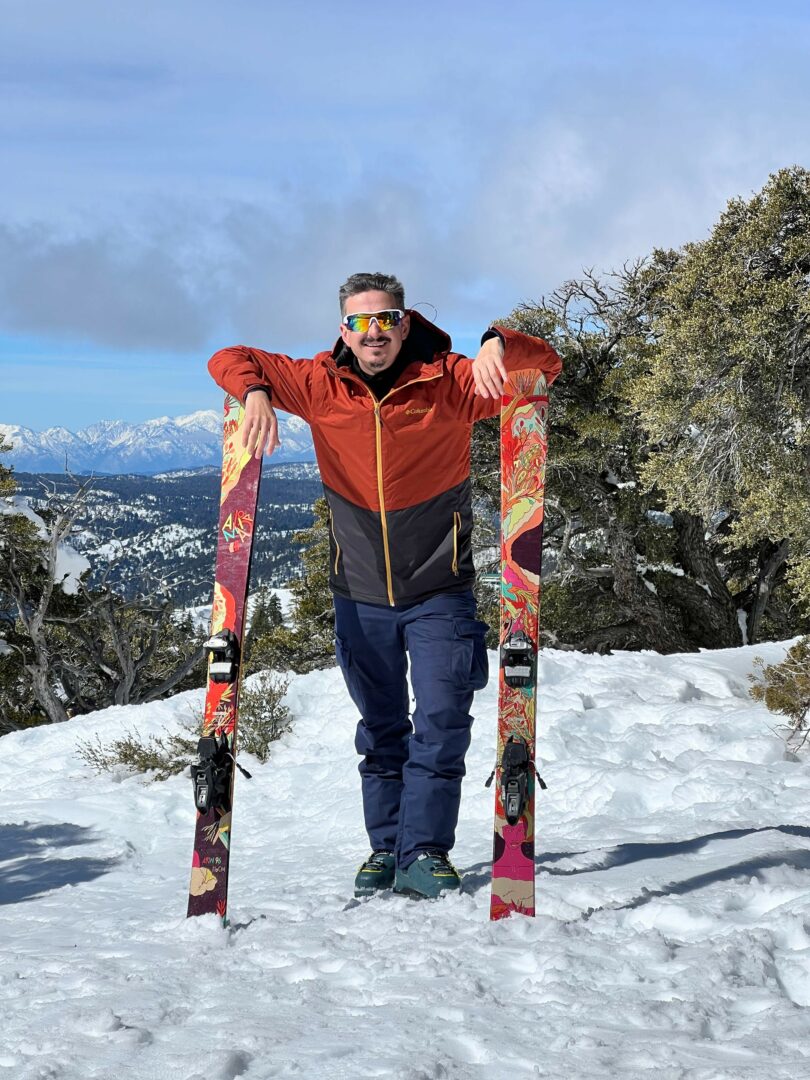
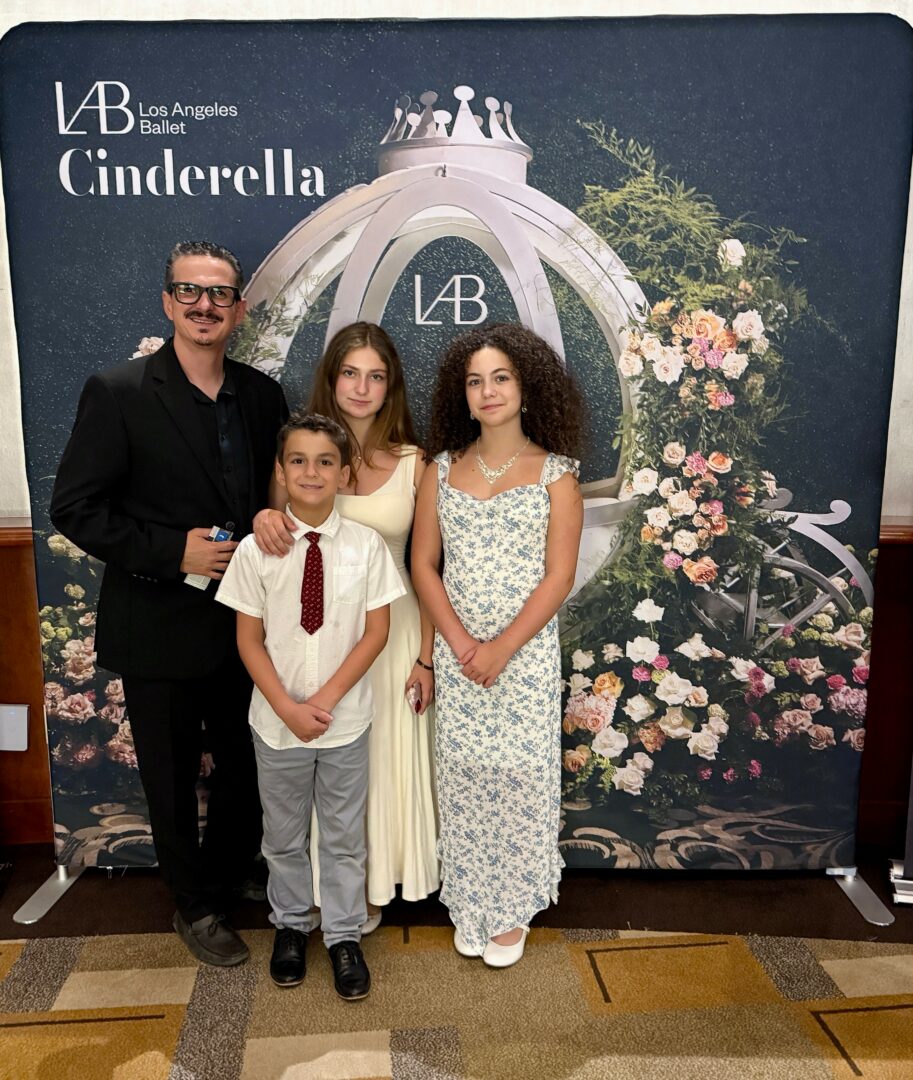
Image Credits
Photo Credit: Coldea Productions, Cristian Coldea
so if you or someone you know deserves recognition please let us know here.

